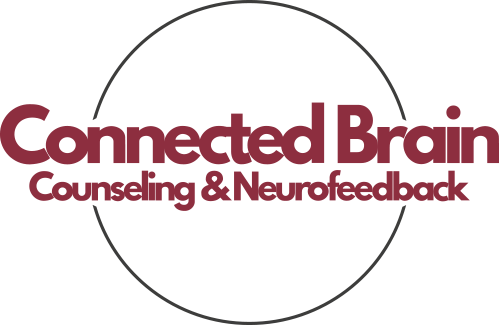Contempt in a relationship is one of the most destructive forces that can undermine a partnership. It goes beyond mere anger or frustration, often manifesting as disdain, mockery, or a sense of superiority over one’s partner. Recognizing and addressing contempt is crucial for the health and longevity of any relationship.
What is Contempt in a Relationship?
Contempt is a form of emotional abuse that involves belittling, insulting, or showing disrespect towards a partner. Unlike other negative emotions, contempt carries with it a sense of moral superiority, where one partner may view the other as inferior or unworthy. This can manifest through:
- Sarcasm and Mockery: Making fun of your partner in a way that is meant to hurt or embarrass them.
- Eye-Rolling or Sneering: Nonverbal cues that indicate disdain or disgust.
- Dismissing Concerns: Ignoring or belittling your partner’s feelings, making them feel unimportant or invalid.
- Name-Calling or Insults: Using derogatory language to address or describe your partner.
Causes of Contempt in Relationships
Contempt usually arises from unresolved conflicts, unmet needs, or ongoing frustrations that have been left unaddressed. Common causes include:
- Long-Term Resentment: When issues go unresolved for a long time, resentment can build, leading to contempt.
- Unmet Expectations: If one partner feels consistently let down or disappointed, they may begin to harbor contempt.
- Power Imbalance: In relationships where one partner feels superior, contempt can become a way to assert dominance.
- Poor Communication: Lack of effective communication can lead to misunderstandings, frustrations, and eventually, contempt.
 The Impact of Contempt on Relationships
The Impact of Contempt on Relationships
Contempt is incredibly damaging and can lead to a downward spiral in the relationship. Some of the negative effects include:
- Erosion of Trust: Contempt breaks down the trust that is essential for any healthy relationship.
- Increased Conflict: Contempt often leads to more frequent and intense arguments, as it breeds defensiveness and hostility.
- Emotional Distance: Over time, contempt can create an emotional chasm between partners, making it difficult to reconnect or resolve issues.
- Potential for Abuse: In extreme cases, contempt can escalate to more severe forms of emotional or even physical abuse.
How to Address and Overcome Contempt
Addressing contempt in a relationship requires a commitment from both partners to change their behavior and improve their communication. Steps to overcome contempt include:
- Developing Empathy: Try to understand your partner’s perspective and validate their feelings. Empathy is a powerful antidote to contempt.
- Improving Communication: Engage in open, honest, and respectful dialogue. Practice active listening and avoid interrupting or dismissing your partner’s concerns.
- Seeking Counseling: Professional counseling can provide a safe space to explore underlying issues and develop healthier communication patterns.
- Rebuilding Respect: Make a conscious effort to treat your partner with respect, even during disagreements. Focus on their positive qualities and express appreciation.
- Gottman Institute – The Four Horsemen: Contempt
The Gottman Institute provides an in-depth look at contempt as one of the most destructive behaviors in relationships. - Psychology Today – Contempt in Relationships: What It Is & How to Fix It
This article explores the impact of contempt on relationships and offers practical advice for addressing it. - Verywell Mind – Understanding Contempt in Relationships
Verywell Mind discusses the causes and effects of contempt, as well as strategies for overcoming it.
Contempt can be devastating to a relationship, but it’s not an insurmountable issue. By recognizing the signs early and taking proactive steps to address it, couples can heal and strengthen their bond. If you’re struggling with contempt in your relationship, Connected Brain Counseling is here to help. Contact us today to schedule a free consultation and take the first step towards a healthier, more respectful relationship.





